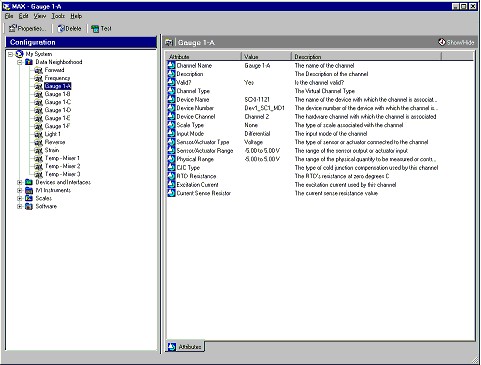The Importance of PET Scan for Cancer Screening: A Comprehensive Guide
#### Understanding PET Scan for Cancer ScreeningPET scan for cancer screening is a cutting-edge imaging technique that plays a crucial role in the early det……
#### Understanding PET Scan for Cancer Screening
PET scan for cancer screening is a cutting-edge imaging technique that plays a crucial role in the early detection and diagnosis of various types of cancer. PET, or Positron Emission Tomography, allows healthcare professionals to visualize metabolic processes in the body, providing valuable insights into the presence and progression of cancerous cells.
#### How PET Scans Work
During a PET scan, a small amount of radioactive material is injected into the bloodstream. This tracer emits positrons, which are detected by the PET scanner. The scanner creates detailed images that reveal areas of high metabolic activity, often indicative of cancer. Unlike traditional imaging techniques such as X-rays or CT scans, PET scans can detect changes at the cellular level, making them an invaluable tool for cancer screening.
#### Benefits of PET Scan for Cancer Screening
One of the primary benefits of using a PET scan for cancer screening is its ability to detect cancer at an early stage when treatment options are more effective. Early detection can significantly improve the prognosis for patients, allowing for timely intervention. Additionally, PET scans can help differentiate between benign and malignant tumors, guiding treatment decisions and reducing unnecessary surgeries.
#### Who Should Consider PET Scan for Cancer Screening?
While PET scans are not recommended for everyone, they are particularly beneficial for individuals at high risk of developing cancer, such as those with a family history of the disease or those with certain genetic predispositions. Additionally, patients who have already been diagnosed with cancer may undergo PET scans to monitor the effectiveness of treatment or to check for recurrence.
#### Preparing for a PET Scan

Preparation for a PET scan typically involves fasting for several hours before the procedure to ensure accurate results. Patients may also be advised to avoid strenuous exercise and certain medications that could affect the scan. It is essential to inform the healthcare provider of any allergies or medical conditions prior to the scan.
#### What to Expect During a PET Scan
The PET scan procedure is relatively straightforward. After the radioactive tracer is administered, patients will wait for a short period to allow the tracer to circulate throughout the body. The actual scanning process usually takes about 30 minutes to an hour. Patients lie on a table that moves through the scanner, and they must remain still to obtain clear images.
#### Interpreting PET Scan Results

Once the PET scan is complete, a radiologist will analyze the images and prepare a report for the referring physician. The results will indicate areas of abnormal metabolic activity, which may require further investigation. It is important for patients to discuss their results with their healthcare provider to understand the implications and potential next steps.
#### Conclusion: The Role of PET Scan in Cancer Screening
In conclusion, the PET scan for cancer screening is an essential tool in modern oncology. Its ability to detect cancer early and provide detailed information about metabolic activity makes it invaluable for both diagnosis and treatment planning. As medical technology continues to advance, PET scans will likely play an even more significant role in the fight against cancer, offering hope for early detection and improved patient outcomes. If you or a loved one is at risk for cancer, consider discussing the potential benefits of a PET scan with your healthcare provider.
